Hannah McDaniel has a stack of paperwork she urgently needs to fill out so that her 2-year-old son, Myles, can continue to receive life-saving treatment for an incurable heart defect under Medicaid.
It’s a full-time job in itself, but the 28-year-old Louisiana mom also has to juggle caring for Myles, which entails making regular five-hour trips to the children’s hospital in New Orleans, her 10-year-old stepson, working 40 hours a week, and taking on additional cleaning and yard work to support her young family.
“It's all day, every day, all the time, and it is exhausting when you already have this mental load,” Hannah said, referring to her worries over her son, who has hypoplastic left heart syndrome.
In early July, Republicans passed President Donald Trump’s “One Big, Beautiful Bill”, bringing with it sweeping changes to Medicaid. Over the next decade, the bill is projected to cut nearly $1 trillion in Medicaid spending.
The day the bill was passed, Hannah said she felt as though “the government had signed Myles’ death warrant.”
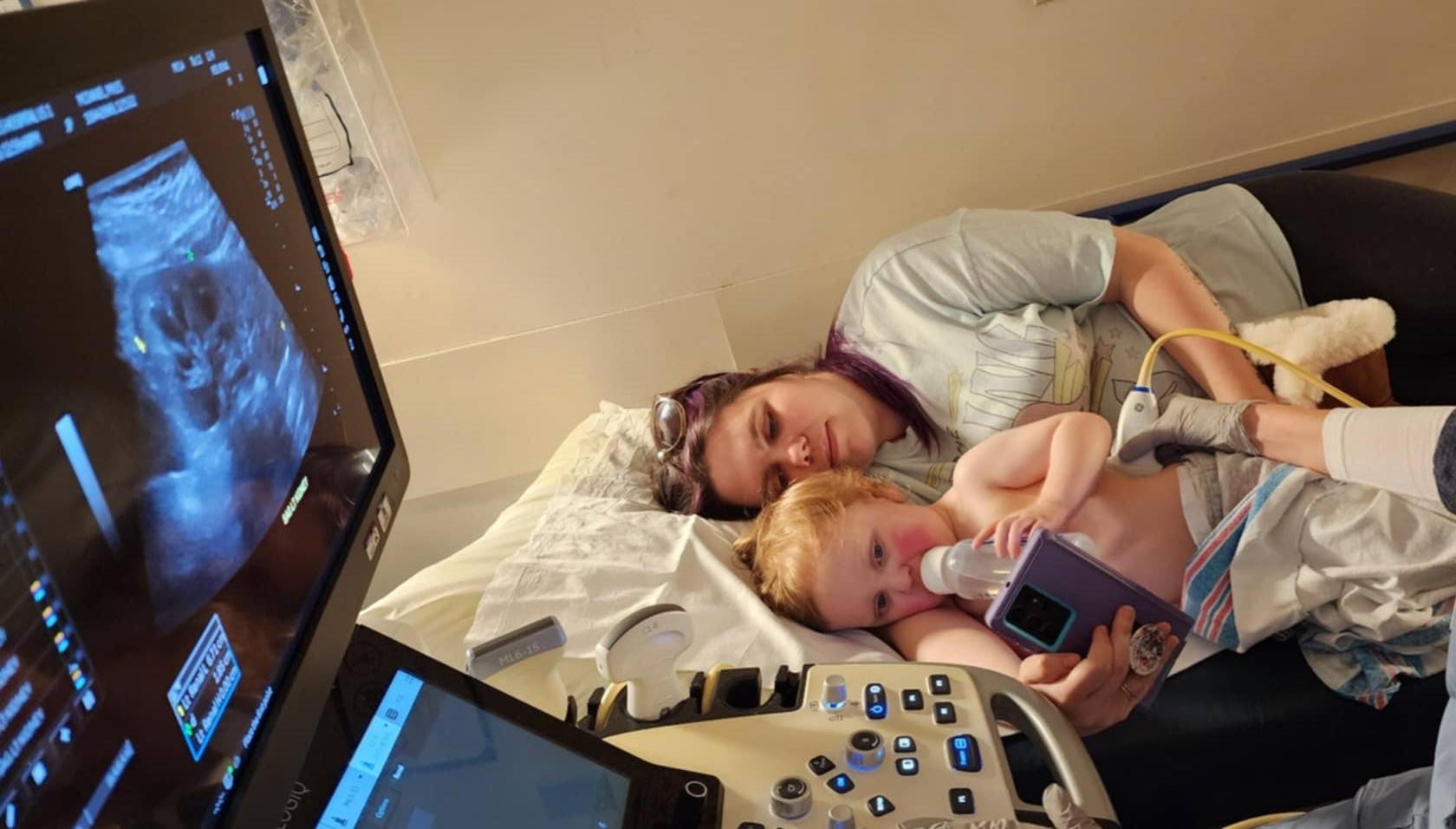
Myles has already undergone two open-heart surgeries —the first at just 4-days-old and the second at 5-months-old— and he will require a third once he is strong enough. It won’t cure him, but it will increase his chances of leading a relatively “normal” life.
“If we make one wrong decision as the parents of a critically ill child, that could be the end of it,” Hannah said somberly, referring to the mountains of paperwork.
Other families with sick children dependent on Medicaid, and who live hours away from the specialist hospitals where their kids get treatment, also told The Independent they seriously fear for the future.
Hospital infrastructure in rural areas is limited, so children with complex medical needs are forced to travel to big cities for treatment, often at great expense. The cuts in Trump’s bill will create additional financial strain on already struggling rural healthcare facilities, creating a ripple effect when it comes to children’s health, advocates warn.
“Any cuts to that program are going to trickle down and impact children, whether that’s pediatric practices who depend on Medicaid to be able to stay open or children’s hospitals,” Lisa Costello, a West Virginia pediatrician who chairs the federal policy committee for the American Association of Pediatrics, said.
“Cuts to [the Children’s Health Insurance Program] and Medicaid could eventually affect care for all children,” Rachel Pearson, a pediatrician and assistant professor at the University of Texas Health Science Center at San Antonio, wrote in the New Yorker in July.
The White House and Trump have repeatedly insisted that “there will be no cuts to Medicaid” under the bill.
But in its latest estimate, the non-partisan Congressional Budget Office projected about 10 million people could lose their health coverage by 2034 as a result.
Concerns are especially prevalent among low-income families in rural areas, where hundreds of hospitals are bracing themselves for immediate closure, though the White House disputes this.
“We are expanding rural hospital protection, providing targeted funds for rural care, and giving states flexibility to support local providers,” the administration said in a “Myth vs Fact” document on its website.
Rural doctors on the frontline don’t agree.
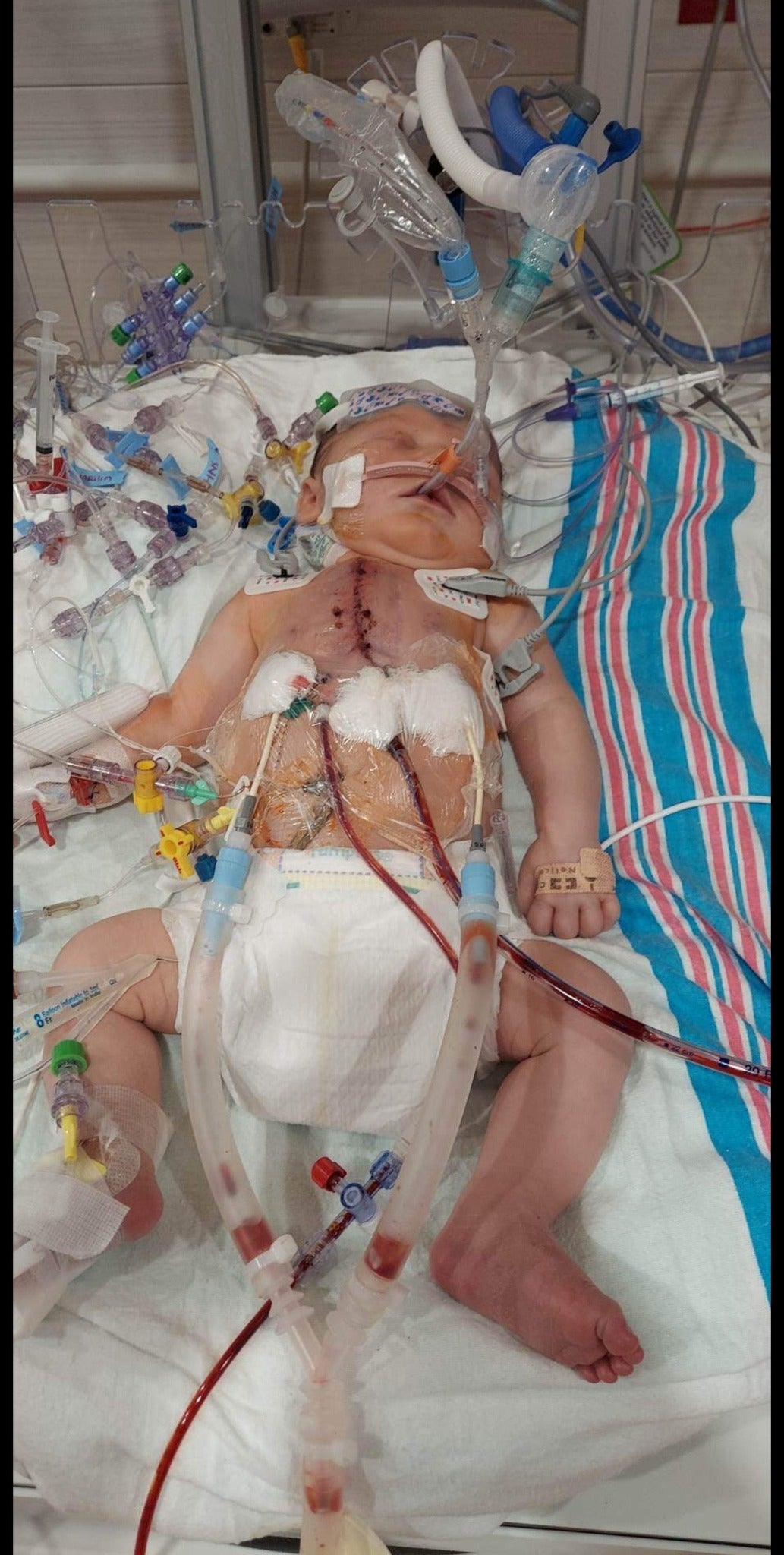
“This is going to be, I'm afraid, the final nail in the coffin for a lot of rural communities and rural hospitals,” Wendy Johnson, a family physician based in rural New Mexico, told The Independent.
“We're really in a very difficult downward spiral in the healthcare system,” Johnson added. “It's extremely broken, and it's just really going to get crushed with this bill when it all comes into implementation in a couple of years.”
Families with complex medical needs are worried.
Hannah, who works as a medical coder for a healthcare provider in the northern Louisiana town of Monroe, and her husband, a stay at home dad, have already experienced how it feels like to have Myles’ Medicaid coverage yanked away, which he received from the day he was born.
Myles also qualified for disability benefits through Social Security last year but in mid-July, Hannah was given seven days’ notice that the check was being reduced to $90 a month—nowhere near covering Myles’s extensive treatments—and his Medicaid was also being revoked.
“I was sure this was a mistake, so I went straight to the Social Security office to see why this happened,” Hannah said.
The Social Security worker told her that Myles was “never supposed to receive disability benefits” and the benefits, along with Medicaid, had been revoked due to a change in her income. Hannah said she declared the pay rise ($10 an hour) in the monthly report required by the Social Security Administration at the time, and no one ever reached out to inform her of a problem.
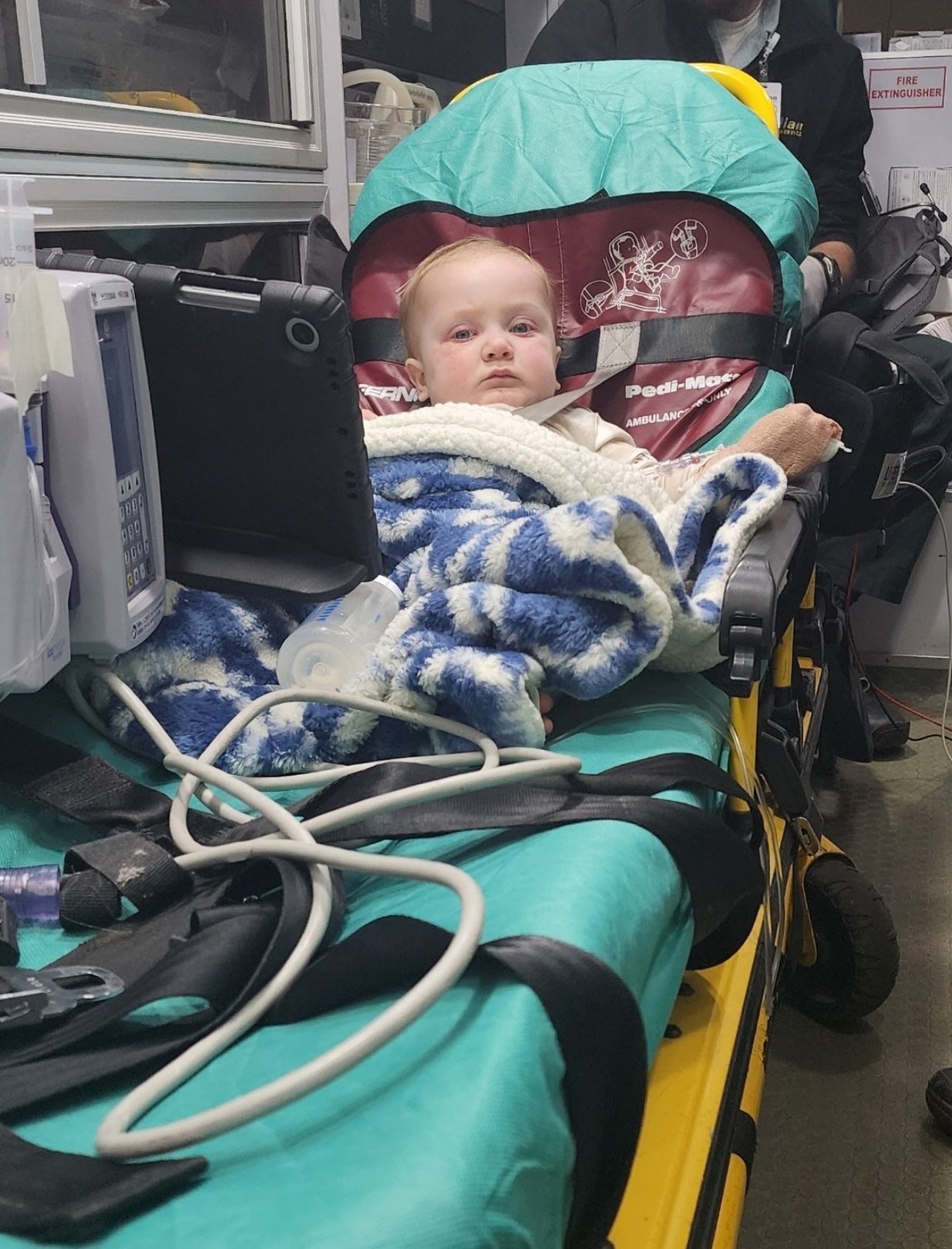
“I am a medical mother whose child's life depends on Medicaid, and I am drowning trying to fight my way through a broken system to keep him alive,” Hannah said.
After Myles’s benefits were stopped, Hannah fought tirelessly to get them back, calling up any local and state official who would listen.
“You've got to fight these doctors, these health care providers, the state government, the federal government,” she said. “I knew I had to make it work because Myles is due for his third open heart surgery, which is the most invasive one, and if he doesn't get it, he will die.”
After endless meetings and phone calls, the mom’s fight paid off. Hannah said the state’s Medicaid office called her in early August to inform her that Myles’s coverage had been reinstated after being granted emergency approval.
But Hannah said that Social Security is still chasing her for $5,000 they say she owes, and her son’s disability benefit has not been reinstated. She has resorted to GoFundMe to help cover the costs of the frequent trips to New Orleans and other household bills she says she is falling behind on.
The Social Security Administration declined to comment when approached by The Independent, citing privacy laws. The Department of Health and Human Services did not respond to a request for comment.
Medicaid is a lifeline, but Hannah’s story is one example of what can happen when coverage is suddenly taken away.
Parents of sick kids say they are already in a constant battle with the red tape of Medicaid and fear it will only get worse under Trump’s spending bill.
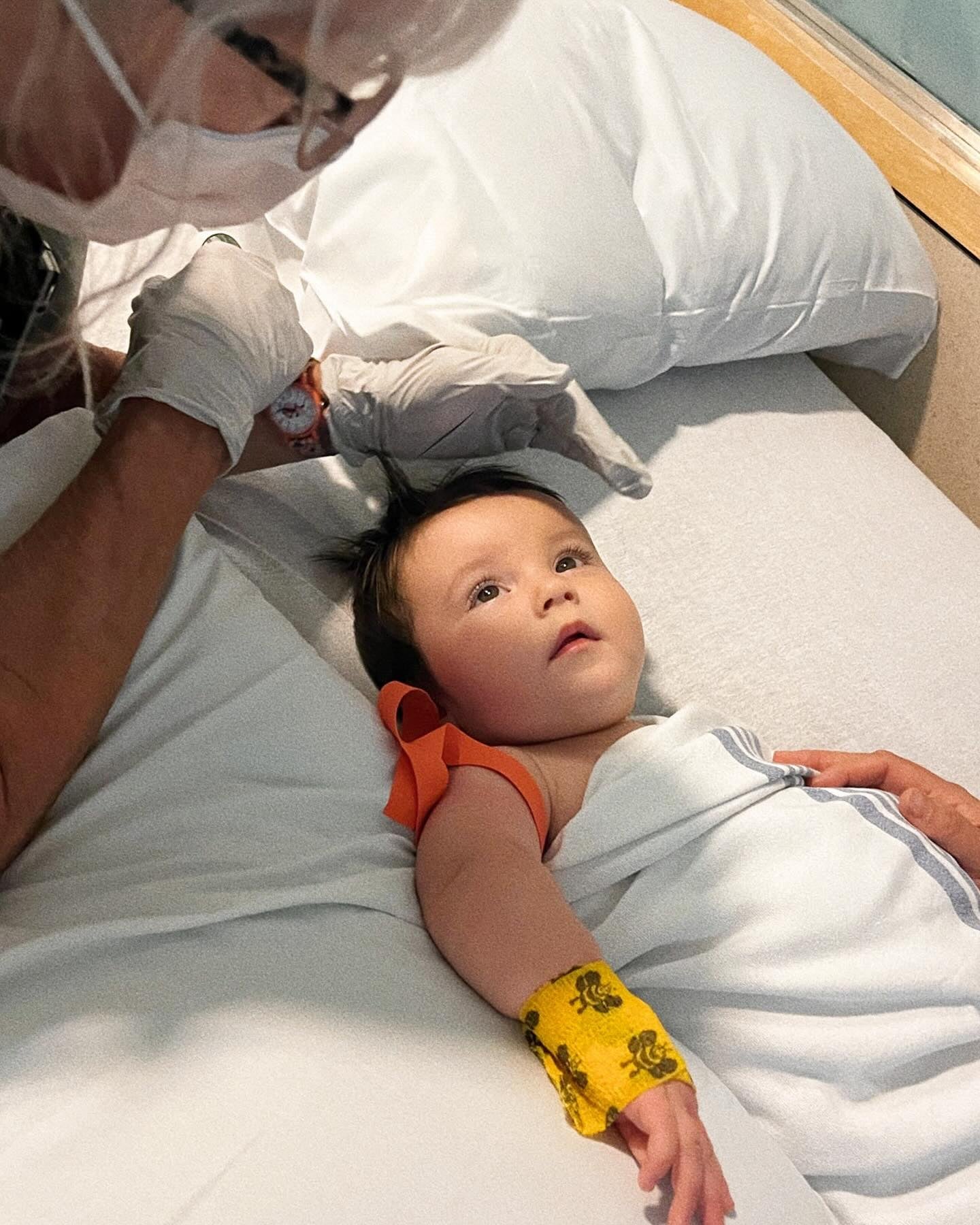
From January 2027, families on Medicaid will need to prove they qualify every six months instead of once per year, resulting in even more admin. Able-bodied adults must also take part in “community engagement,” whether that’s work, volunteering or education, for at least 80 hours a month to qualify for Medicaid.
While there are exemptions in place, trying to prove them is another matter.
“This work requirement would still save a lot of money and kick millions of people off of Medicaid, not because they're not working or not qualified for an exemption, but because they would fail to navigate the paperwork. The red tape they would have to go through to report their work on, potentially as often as a monthly basis,” explained Larry Levitt of the KFF health policy research group.
The slightest lapse in Lavender Butler’s treatment could be “detrimental,” her mom Marissa, from Eugene, Oregon, told The Independent.
Her 20-month-old daughter sees specialists in neurology, respiratory, blood, cancer, and the immune system regularly to monitor the rare neurodegenerative disease—ataxia telangiectasia—she was diagnosed with at two months old.
There is no cure for the cruel disease, which affects the body’s nervous system and immune system, and symptoms become more severe over time. The toddler also has a 30 to 40 percent chance of developing cancer later in life.
The 29-year-old is a full-time mom and caregiver to Lavender and her older brother. Her husband, the family’s sole earner, holds down two self-employed jobs as a tattoo artist and a private investigator.
Marissa constantly worries about what the changes in the legislation could bring.
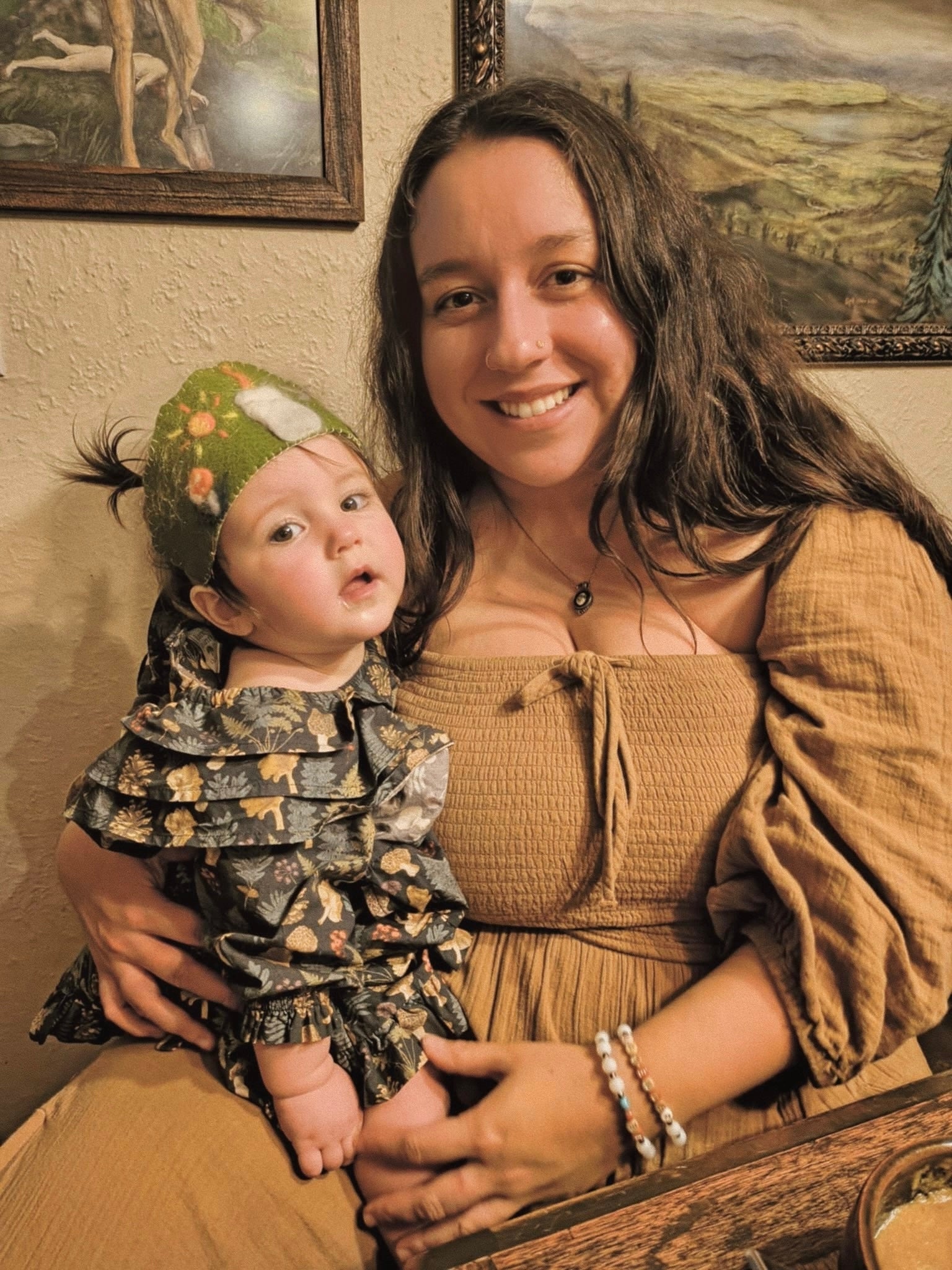
“I've spoken to different medical care providers,” Marissa said. “They are concerned even for families like ours.”
Marissa must administer to Lavender an infusion of immune-supporting antibodies every week. The treatment is expensive — four or five infusions per month can cost more than $40,000 — but thanks to Medicaid, Lavender is covered.
“My daughter is going to need more and more care, and without Medicaid, I don't know how we would be able to take care of her,” Marissa said. “We just have to keep proving that we deserve to be on Medicaid.”
Marissa doesn’t have family nearby to help with childcare and ferrying Lavender to various appointments —some of which are two hours away in a specialist children’s hospital in Portland— is a full-time job in itself, Marissa said.
“We already have a million barriers in our way,” Marissa said. “I don't know how things are going to change, I just feel very uncertain right now.”
It’s a similar fear for Natalie Oyen-Steuer from Dubuque, Iowa, whose son Sage was diagnosed with the rare cancer rhabdomyosarcoma when he was three. Medicaid saved the family when Natalie lost her private health insurance when she had to quit her job in order to care for Sage full time.
Sage is now seven and in remission, but Natalie worries about his future under the changes to Medicaid.
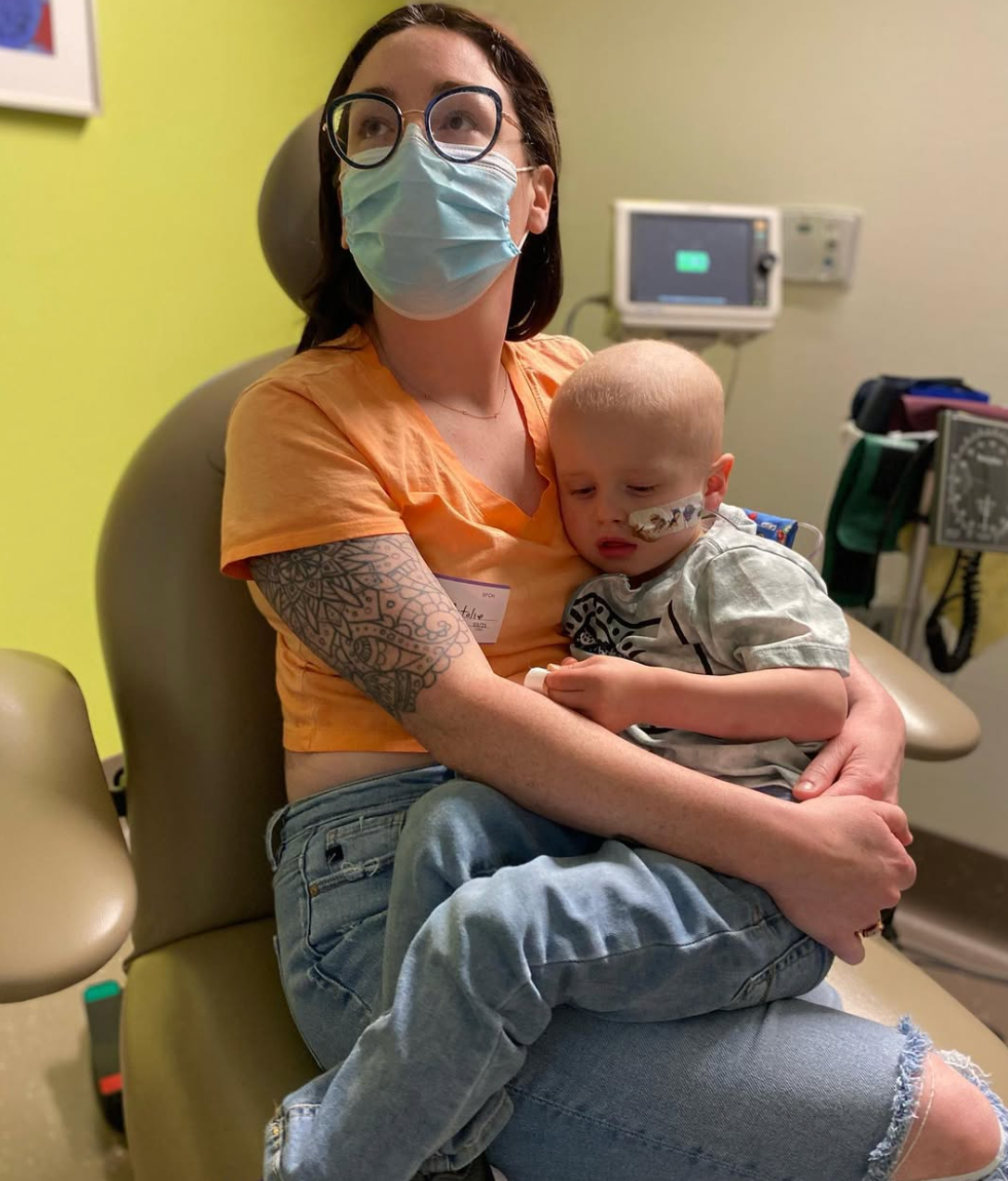
“It makes me think of my son as he gets older, if he can't keep up with the paperwork,” Natalie said. “If he can't get a job, but having cancer when he was three isn't a good enough excuse. I don't know what to expect. It's scary.”
Natalie, 35, and her husband felt “suffocated” by having to keep up with the Medicaid paperwork as they took Sage to and from the hospital two hours away.
“I'm the one making the decision for my child, so to constantly be researching and understanding, Is this the right thing? Is this not the right thing for my child to be on? Is this going to save his life? Is he going to die? On top of Medicaid paperwork, sitting there in the mail waiting for me…” Natalie said.
“The only word I can use is ‘suffocating,’” she summed it up.
Bethany Lilly, executive director of public policy of the nonprofit Blood Cancer United, said the burden of additional paperwork that will come with the new Medicaid changes is a real concern for the cancer patients the organization supports.
And any delays when it comes to green-lighting cancer treatment could have life-threatening consequences.
“Families are largely not sure what's going on, but they know that their Medicaid coverage may have been at risk, and know that they need to be tracking paperwork,” Lilly said. “But paperwork can be really hard to track if you're a patient or a caregiver who's trying to manage all of the burden that comes along with it. And in rural areas, that's going to be even worse.”
Lilly referenced 2018 in Arkansas, when 18,000 adults lost their Medicaid coverage for failing to prove that they met new working requirements.
It caused widespread confusion.
“They implemented work requirements in Arkansas during the first Trump administration, and [people] couldn't get their medication,” said Lilly. “That has longer-term implications, and so when we look at this, exemptions are not workable.”
Moms like Hannah, Marissa and Natalie say they shouldn’t have to fight so hard to get the healthcare their kids need to survive.
Under Trump, their fight is potentially much harder now.







